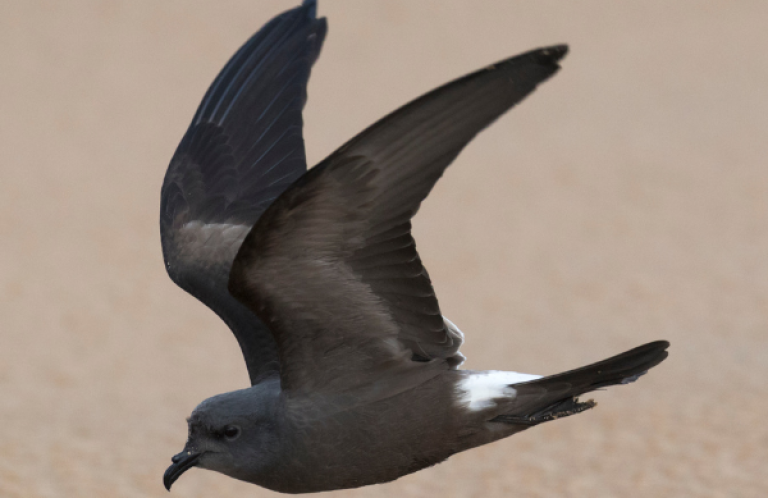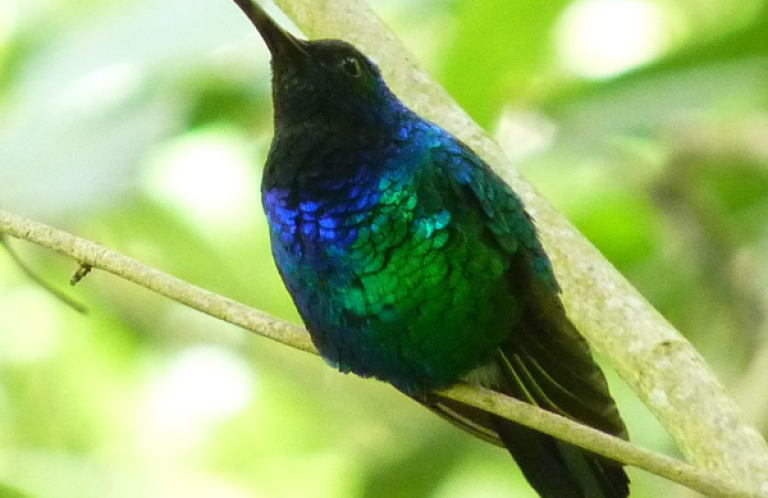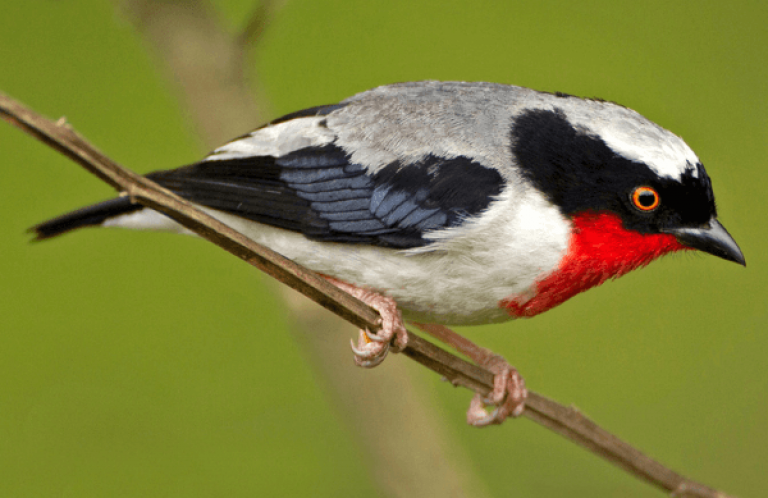Senator Booker and Congresswoman Velázquez Advocate for Reducing Agricultural Pesticides on Refuges

Bobolink by M. Leonard Photography/Shutterstock
(July 22, 2022) Today, Senator Cory Booker and colleagues submitted a letter to the U.S. Fish and Wildlife Service (USFWS), requesting a phase-out of the use of agricultural pesticides to grow crops for wildlife on National Wildlife Refuge (NWR) land. This follows a similar House letter led by Representative Nydia Velázquez, submitted on July 14.
“American Bird Conservancy thanks Sen. Booker and Rep. Velázquez for the bicameral Congressional support they have shown for detoxifying the Refuge system,” said Hardy Kern, American Bird Conservancy's (ABC) Director of Government Relations for the Pesticides and Birds Campaign.
However, the Senate letter comes just days after the USFWS rejected a petition from the Center for Biological Diversity and Center for Food Safety asking for officials to “immediately stop approving new uses of agricultural pesticides [on crops in National Wildlife Refuges] … and promptly initiate rulemaking to fully phase-out these uses across the National Wildlife Refuge System.”
In a letter rejecting the petition, USFWS Director Martha Williams said that while use of highly toxic neonicotinoids was phased out in 2016, “There are appropriate and specialized uses of [other] pesticides by the Service for management and conservation purposes.” She also indicated that USFWS views formal rulemaking as unnecessary.
“We congratulate the Service on its decision to stop using neonicotinoid pesticides in the Refuge System,” Kern said. “That said, the continuing use of other agricultural pesticides on crops grown for wildlife in Refuges puts wildlife at risk. Amidst declining North American bird populations, it's critical that we detoxify our Refuges.”
National Wildlife Refuges were established in 1903 with the primary mission of providing a sanctuary for wildlife. The Refuge System supports more than 700 bird species, including Bobolinks, Sandhill Cranes, and Whooping Cranes. According to USFWS data, 144,788 acres of Refuge lands were sprayed for agricultural purposes with 129,732 pounds of pesticides in 2018 — the most recent year for which data are available. (See full report on pesticide use in Refuges by the Center for Biological Diversity.)
One of the pesticides cited as frequently used is 2,4-D, which was once thought to be relatively safe for birds and other wildlife. But an increasing body of scientific evidence reveals concerns. For instance, a study now being published in Environmental Pollution found that 2,4-D causes increased mortality among species studied, especially birds and fish. In addition, it is known to accumulate in the environment, including waterways, and persist for up to six months in soil and water.
“We're concerned about the lack of formal prohibitions on using agricultural pesticides on crops in National Wildlife Refuges,” Kern said. “While we recognize the need for the occasional use of pesticides by licensed professionals in the service of species protection or habitat restoration, there is no need for agricultural pesticide use on crops in Refuges. We're encouraging formal rulemaking to make pesticide use practices on Refuges more transparent.”
The letters submitted by Senator Cory Booker today and Representative Nydia Velázquez last week indicate that legislators are paying attention to the concerns about agricultural pesticides on Refuge lands. These letters reinforce the call for the USFWS to initiate a formal rulemaking process that would codify the cessation of pesticide use on crops in NWRs.
“National Wildlife Refuges should be safe havens for birds and other wildlife,” Kern said. “With pesticides gone from crops, Refuges will be able to more effectively serve the function for which they were created: providing a safe place for the nation's wildlife.”
###
American Bird Conservancy is a nonprofit organization dedicated to conserving wild birds and their habitats throughout the Americas. With an emphasis on achieving results and working in partnership, we take on the greatest problems facing birds today, innovating and building on rapid advancements in science to halt extinctions, protect habitats, eliminate threats, and build capacity for bird conservation. Find us on abcbirds.org, Facebook, Instagram, and Twitter (@ABCbirds).
Media Contact: Jordan Rutter, Director of Public Relations| jerutter@abcbirds.org | @JERutter


















































